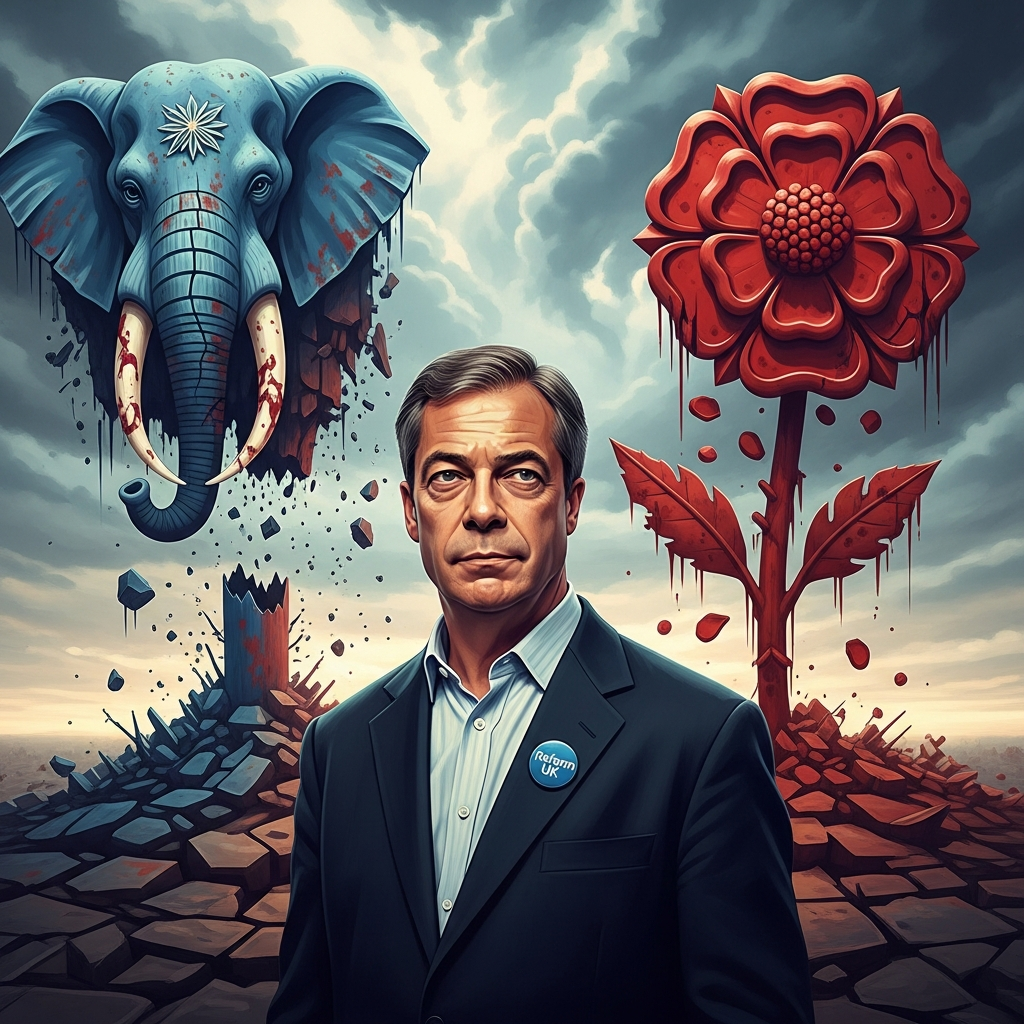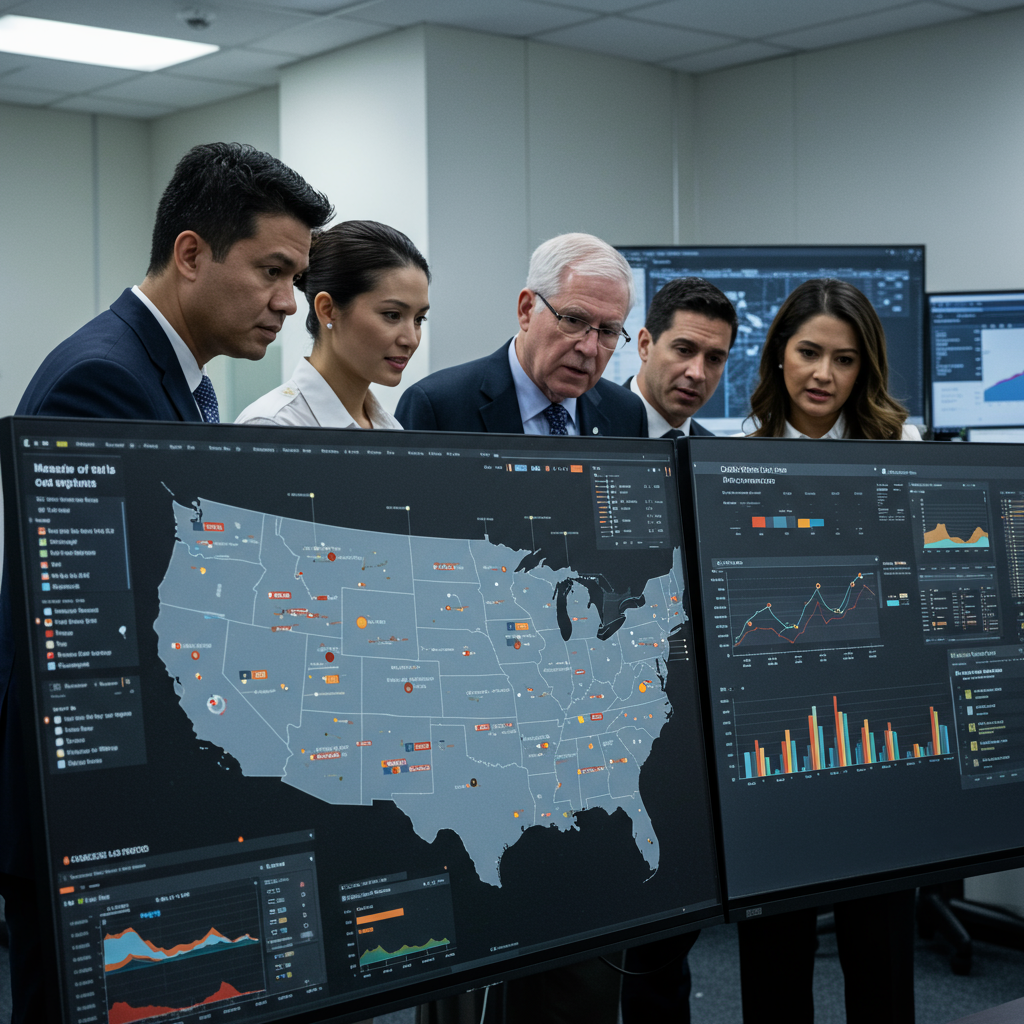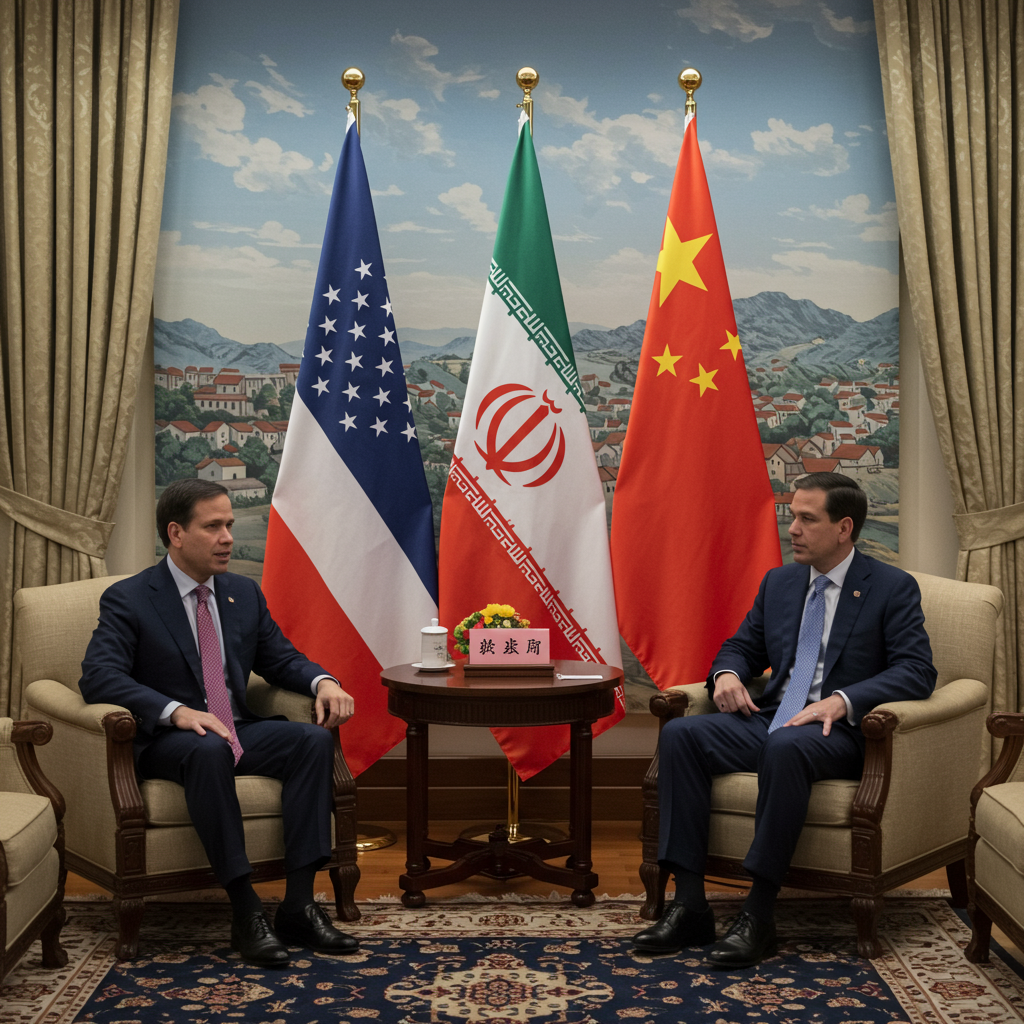A significant diplomatic bridge reopened this week as French President Emmanuel macron and Russian President Vladimir Putin held their first direct telephone conversation in over two-and-a-half years. The call, which took place on Tuesday, July 1, 2025, lasted for more than two hours. Discussions focused heavily on the ongoing conflict in Ukraine and international tensions surrounding Iran’s nuclear activities. This rare contact signals a potential, albeit challenging, return to high-level dialogue after a prolonged silence.
For global observers, the call provided a rare glimpse into the perspectives of two key leaders on pressing international crises. Both sides issued statements outlining their views, revealing stark contrasts, particularly regarding the path forward in Ukraine. Despite significant disagreements, the leaders agreed to coordinate efforts on certain issues and maintain future contact, suggesting a cautious re-engagement.
Direct Appeal for Ukraine Ceasefire
According to the Elysée Palace, President Macron used the lengthy call to make a clear appeal to his Russian counterpart. He urged President Putin to agree to a ceasefire in Ukraine “as soon as possible.” France’s position remains firm in its support for Kyiv. The Elysée statement emphasized France’s “unwavering support for Ukraine’s sovereignty and territorial integrity.”
Beyond a temporary halt in fighting, Macron also pressed for substantive negotiations. He called for the prompt initiation of talks between Ukraine and Russia. The stated goal for these negotiations, as outlined by the French presidency, is to achieve a “solid and lasting settlement of the conflict.” This underscores France’s desire for a diplomatic pathway to end hostilities and establish a durable peace framework.
Putin’s Counter-Narrative and Conditions for Peace
The Kremlin’s account of the conversation presented a significantly different perspective on the origins and necessary conditions for ending the conflict in Ukraine. Russian state media reported that President Putin reiterated his long-held position. He told Macron that the Ukrainian conflict is a “direct consequence of the policy of Western states.”
Putin asserted that Western nations had “for many years ignored Russia’s security interests.” He also claimed they had actively “created an anti-Russian bridgehead in Ukraine.” Regarding a potential peace settlement, the Kremlin stated that Putin outlined his conditions. He insisted that any peace deal must be “comprehensive and long-term.” Furthermore, it must “provide for the elimination of the root causes of the Ukrainian crisis.” Crucially, Putin stated it must “be based on new territorial realities,” a clear reference to Russia’s claims over annexed Ukrainian territories.
The timing of the call comes amid continued intense fighting. Recent reports, including analysis based on data from the Institute for the Study of War (ISW), highlight Russia’s increased aerial attacks in June 2025. Russia also reportedly made its most significant territorial gains since November 2024 during that month. These military developments provide a grim backdrop to the diplomatic efforts, underscoring the wide gap between the parties’ positions.
Coordinating Efforts on Iran’s Nuclear Program
The second major topic of discussion was the situation surrounding Iran, a particularly relevant subject following a recent period of heightened tensions often described in the context of Iran’s nuclear program. Both presidents agreed on the necessity of resolving the crisis exclusively through diplomatic means. This area appeared to be one where the two leaders found more common ground, despite differing points of emphasis.
According to the French statement, Macron “emphasised the urgent need” for Iran to comply fully with its obligations under the Nuclear Non-Proliferation Treaty (NPT). He specifically called for full cooperation with the International Atomic Energy Agency (IAEA). Macron urged that IAEA inspectors be allowed to resume their work without delay. He expressed France’s determination to pursue a diplomatic solution covering not only the nuclear issue but also questions concerning Iran’s missile capabilities and its broader regional role.
Russia’s Stance on Iran
The Kremlin’s account, while agreeing on the diplomatic path, highlighted a different aspect of Iran’s activities. It stated that Putin “emphasized the lawful right of Tehran in developing a civilian” nuclear program. Despite this nuanced difference in framing Iran’s program, both sides concurred that the conflict over Iran’s nuclear program and other Middle Eastern conflicts should be resolved “exclusively” by diplomatic means. They explicitly agreed to “continue contacts” on this specific issue, indicating a potential area for limited cooperation or information exchange.
A Re-opening of Limited Communication
The phone call marked a significant moment simply due to its occurrence after a lengthy pause. Prior to Russia’s full-scale invasion of Ukraine in February 2022, Macron had engaged in frequent dialogue with Putin, including a visit to Moscow. Communication largely ceased after September 2022 as the conflict escalated and Macron adopted a tougher stance towards Russia. Over the past year, Macron has described Russia’s expansionism as a threat to Europe. He notably refused to rule out the possibility of sending troops to Ukraine, a significant shift in rhetoric.
The only other publicly known recent high-level official contact between France and Russia prior to this call occurred in April 2024. This was between their respective defense ministers and reportedly concerned security arrangements for the Paris Olympic Games. The return to direct presidential-level talks, even with deep disagreements on core issues like Ukraine, suggests a calculated move by both sides. It re-establishes a direct channel that had been dormant for nearly three years, offering a possibility, however remote, for future de-escalation or coordination on specific topics like Iran.
While the call did not produce any immediate breakthroughs or changes in position, the agreement by both leaders to hold further contacts regarding both Ukraine and Iran indicates a desire to keep this high-level channel open. Navigating the profound differences, particularly on Ukraine, remains a formidable challenge. However, simply having the conversation is seen by some as a necessary first step in a complex geopolitical landscape where dialogue is rare.
Frequently Asked Questions
What was the main purpose of the recent phone call between Macron and Putin?
The primary purpose of the call on July 1, 2025, was for French President Macron to directly engage with Russian President Putin on two major international crises. Macron specifically urged Putin to agree to an immediate ceasefire in Ukraine and to begin negotiations for a lasting peace. The leaders also discussed tensions surrounding Iran’s nuclear program and agreed on the need for diplomatic solutions there.
Why was this the first call between the two leaders since 2022?
High-level contact between Macron and Putin largely ceased after September 2022 following Russia’s full-scale invasion of Ukraine. As the conflict intensified and Macron adopted a tougher stance towards Russia, direct presidential communication channels closed. This recent call marked the first known conversation between them in over two-and-a-half years, signaling a decision by both sides to reopen this specific line of communication, despite fundamental disagreements.
What were the main points of disagreement regarding the Ukraine conflict during their discussion?
The primary point of disagreement was the conflict’s origin and path to resolution. Macron emphasized France’s support for Ukraine’s sovereignty and territorial integrity and called for an immediate ceasefire and negotiations based on these principles. Putin, conversely, blamed the conflict on “Western states” ignoring Russia’s security interests and creating an “anti-Russian bridgehead.” He stated that any peace deal must be comprehensive, long-term, address the “root causes” (as defined by Russia), and be “based on new territorial realities” (acknowledging Russia’s territorial claims).
Conclusion
The recent two-hour phone call between Emmanuel Macron and Vladimir Putin represents a notable, albeit cautious, step in re-establishing high-level communication between France and Russia after a significant break. While the conversation highlighted deep, persistent divides, particularly on the conflict in Ukraine where positions remain diametrically opposed, it also revealed potential limited areas for coordination, such as the shared commitment to a diplomatic resolution for the Iran crisis. The agreement to maintain contact suggests both leaders see value in keeping this direct channel open, even as they navigate a complex and challenging geopolitical environment. The path towards de-escalation and resolution remains fraught with obstacles, but dialogue, however difficult, is often seen as a necessary element in international relations.
References
- www.themoscowtimes.com
- www.euractiv.com
- <a href="https://www.lemonde.fr/en/international/article/2025/07/01/macron-and-putin-discuss-ukraine-ceasefire-and-iran-in-first-talks-since-202267429154.html”>www.lemonde.fr
- trt.global
- www.djournal.com



